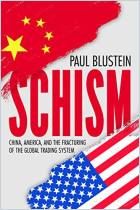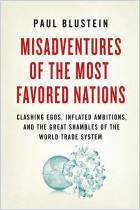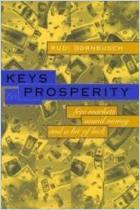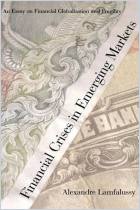
And the Money Kept Rolling In (and Out)
Wall Street, the IMF, and the Bankrupting of Argentina
Recommendation
This is a very readable, lively story of how Argentina overcame decades of monetary mismanagement and put itself on the path to economic growth during the early 1990s only to descend again into economic chaos. getAbstract recommends this book to those interested in international finance, although it suffers slightly from a moralistic tone, as author Paul Blustein points an accusing finger at international banks and brokerage firms. One might also have hoped for a bit more insight into what happened to the billions of dollars that flowed into Argentina during its brief boom years. But Blustein's expert analysis (organized around metaphorical references to the musical Evita) says much about the dark side of globalization and points to some severe, apparently recurring problems in the international financial system. Most instructive is his observation that elements of Argentina’s experience are now apparent in the flow of funds to emerging markets newly favored by international investors. Therefore, this book unfortunately may be a harbinger of things to come.
Summary
About the Author
Paul Blustein, a staff writer at The Washington Post, has written about business and economic issues for a quarter of a century. He is also the author of The Chastening: Inside the Crisis That Rocked the Global Financial System and Humbled the IMF.
























Comment on this summary